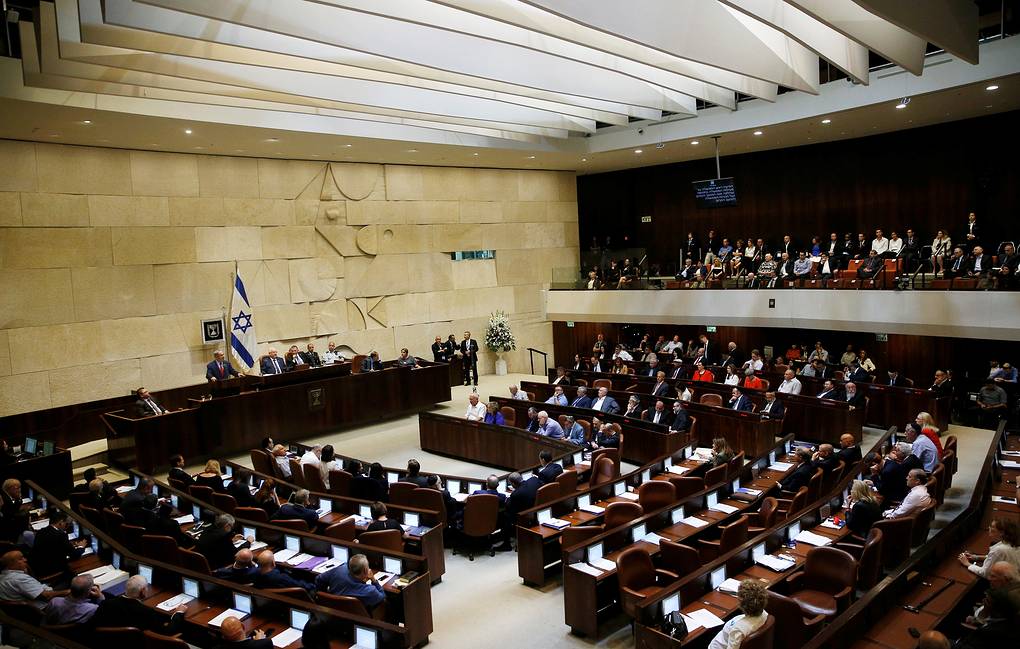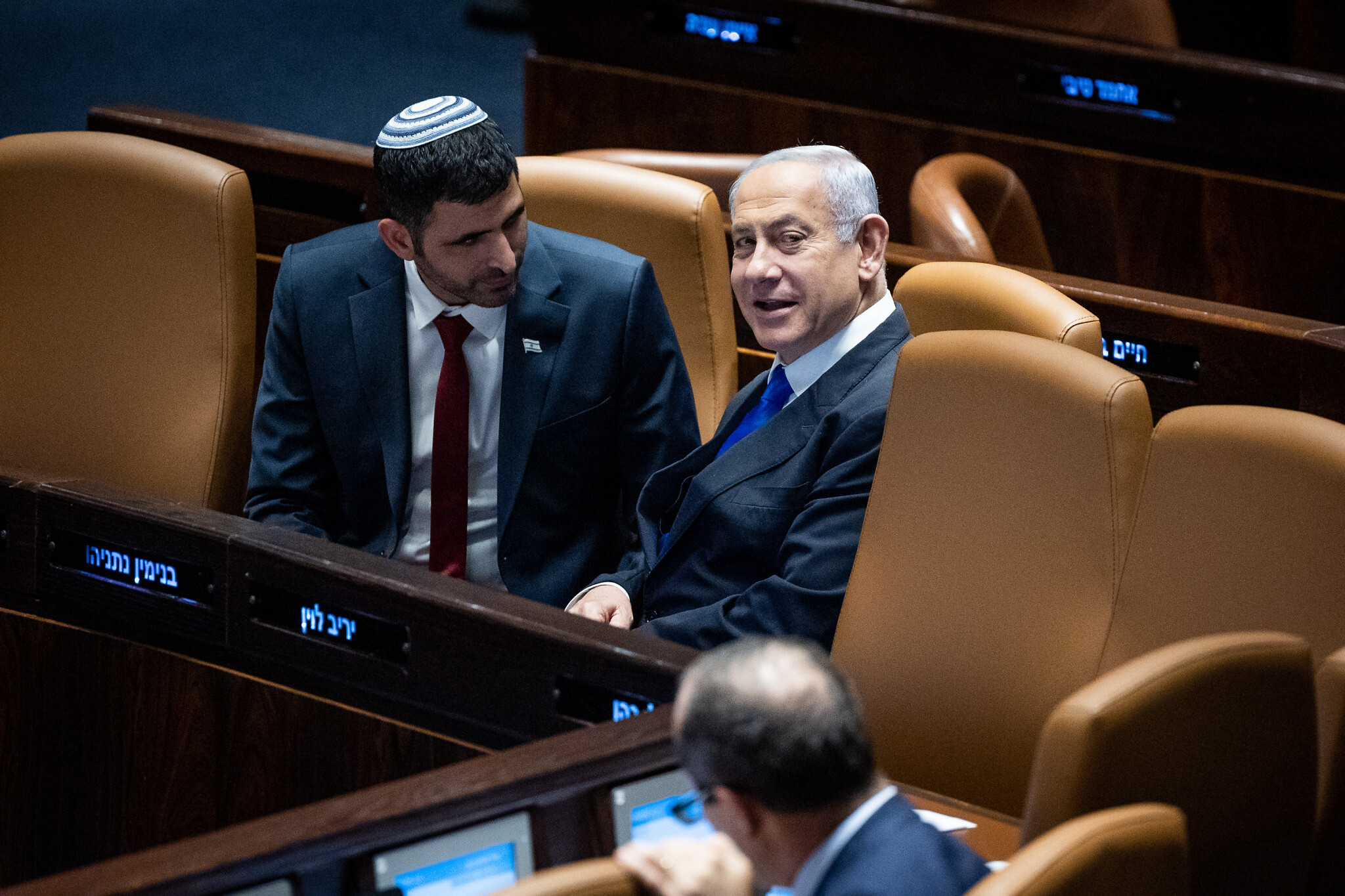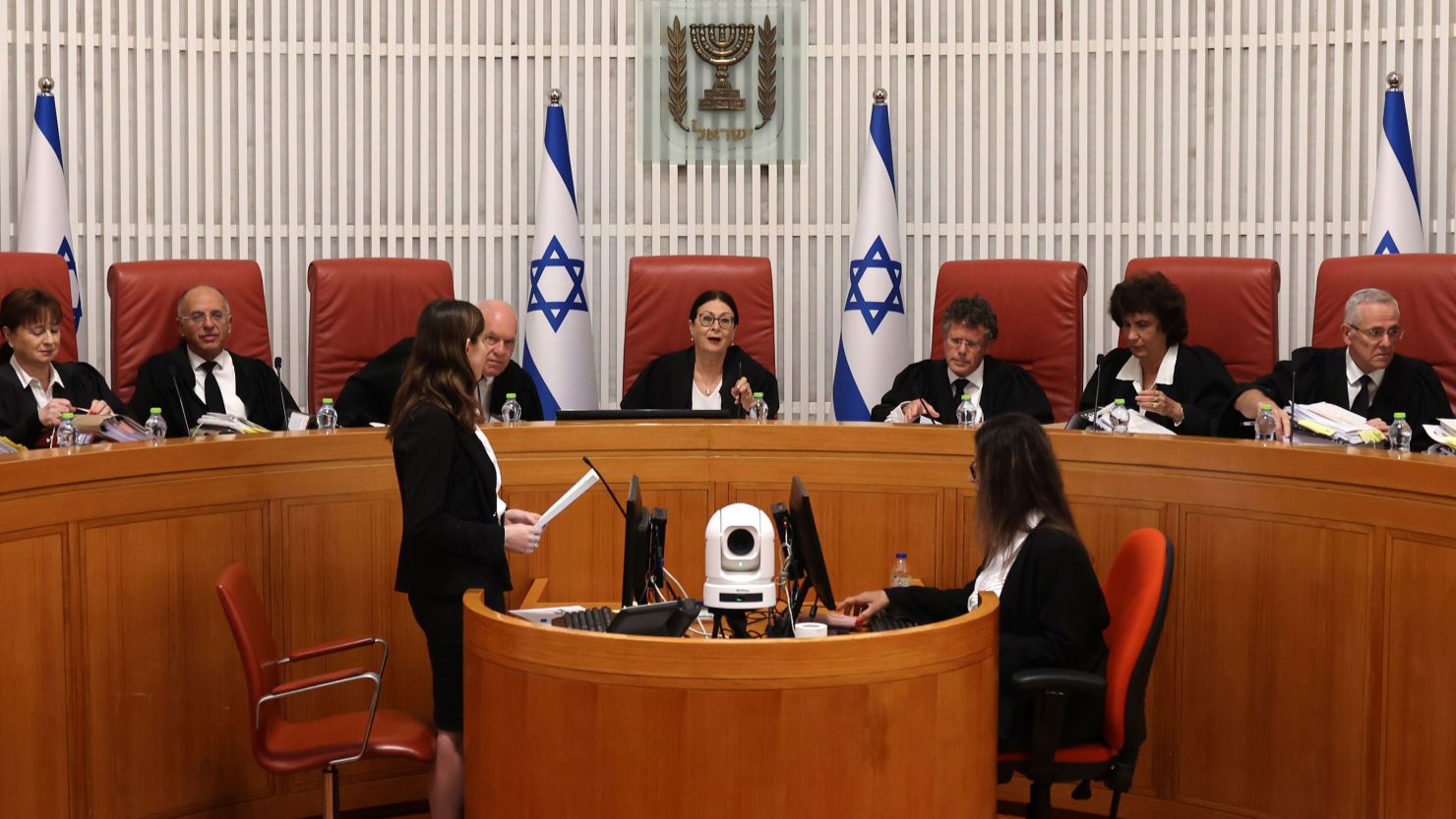
The adopted law is mainly aimed at the Qatari-funded Al Jazeera television channel, which Prime Minister Netanyahu calls a “mouthpiece of Hamas.”
In its second and third readings, a bill authorizing the closure of “hostile media” in Israel was approved by the Knesset on April 1. The law, nicknamed the “Al Jazeera law” due to its targeting of the TV channel, received the support of 71 MPs, while 10 opposed it. According to the new legislation, the Israeli Minister of Communications, with the consent of the Prime Minister, can decide to stop broadcasting a foreign channel in the country if its activities actually threaten the security of the state. In addition, authorities can take measures to close the offices of “hostile media” and block their Internet resources.
Israeli law banning “hostile media”: debates and concerns
The Israeli parliament has decided to introduce a ban on the activities of “hostile media” in the country. This law has caused lively debate and discussion both within the country and abroad.
Under the new law, “hostile media” are defined as those that disseminate materials inciting violence, publish disinformation or campaign against Israeli government interests. This includes media that support terrorist organizations or spread anti-Semitic ideas.

Opponents of the law have expressed concerns about freedom of speech and the press, arguing that such a ban could lead to censorship and restrict access to information. They also expressed concern that the government could use the law to suppress criticism and dissenting opinions.
Supporters of the law, on the other hand, noted the need to combat propaganda and disinformation, especially in the context of national security. They emphasized that the law is aimed at protecting the national interests and security of Israeli citizens.
Issues of freedom of speech and the right to information remain relevant in the discussion of this law. Civil society representatives, journalists and human rights activists continue to express their concerns and hopes that the law will not be used to the detriment of freedom of the press and freedom of speech, which are important components of Israel’s democratic values.
Criticism of the “hostile media” law in Israel: concerns and challenges
Critics of the law also have concerns about how the concept of “hostile media” will be defined and what criteria will be used to apply it. Some opposition groups and public figures believe that this could lead to arbitrariness and political manipulation, especially in light of recent events and tense political situations in the region.
The new law provides for fines and other measures against media that violate established rules. However, details about what measures will be applied and how the implementation of the law will be monitored remain unclear.

This law has become the subject of lively discussions not only within Israel, but also caused a reaction from the international community and organizations defending freedom of speech and human rights. Many expressed concern and called for careful consideration of the implications and possible negative impacts on freedom of information and expression.
Overall, this Israeli initiative has become part of a broader debate about the balance between state security and the guarantee of fundamental freedoms and rights of citizens. This raises important questions about the need for democratic principles and respect for human rights in the context of the modern information age.
